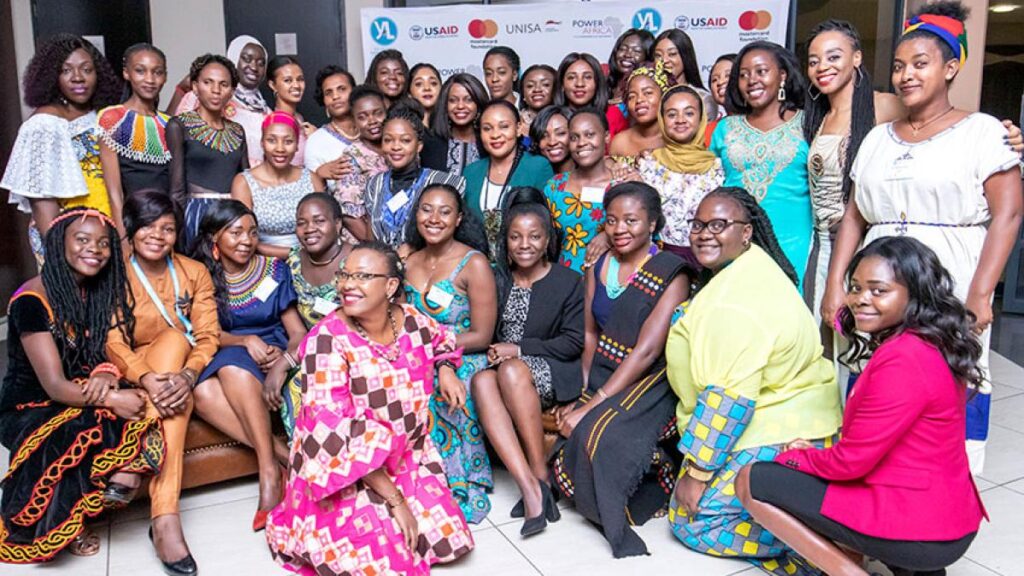Gender Equality and Women’s Empowerment in Rwanda

At USAID, we believe that gender equality and women’s empowerment isn’t just a part of development, but at the core of development. Water, energy, agriculture, conflict and health can all affect men and women differently.
These differences are not barriers but opportunities to maximize the impact of our work for both women and men by delivering development in a more targeted, inclusive and sustainable way.
Gender equality is defined in USAID’s Gender Equality and Female Empowerment Policy as a state “in which both men and women have equal opportunity to benefit from and contribute to economic, social, cultural and political development; enjoy socially valued resources and rewards; and realize their human rights”.
Rwanda is recognized as a leader in gender equality and women’s empowerment. Women hold positions making up 61 percent of the Rwandan Parliament, and 50 percent of the President’s cabinet.
While these efforts are so important, challenges still remain, specifically when it comes to achieving socio-economic equality and cultural change at the community level. To address these challenges and close gaps, USAID/Rwanda integrates gender equality and social inclusion into its strategies, programs, and activities. In FY 2022, USAID/Rwanda had a total of 15 activities that addressed gender equality and female empowerment.
WOMEN’S HEALTH
To support women’s health, our programs deliver services and medicines to girls and young women so they can live without the threat of HIV and access training and jobs. USAID programs provide nutrition and healthcare services to mothers and newborns, to reduce infant mortality rates and ensure children are growing healthy. To help fight gender-based violence, USAID programs focus on training, raising awareness and providing comprehensive services to survivors of violence against women. USAID helps to procure and deliver a variety of family planning methods, so women are free and informed to choose the spacing and size of their family.
WOMEN’S ECONOMIC EMPOWERMENT
Many USAID activities facilitate and promote women’s participation in the workforce. As Rwanda is heavily reliant on agriculture, our activities focus on that sector and provide training, linkages, and access to resources. USAID/Rwanda helped develop agricultural lending strategies and design agricultural finance specific products for female entrepreneurs. As a result, women were able to access $532,493 in agricultural loans.
MAINSTREAMING WOMEN’S FULL AND ACTIVE PARTICIPATION IN GOVERNANCE PROCESSES
Giving space to female voices in public dialogue is key for sustainable democracy. USAID activities train women leaders on public policy analysis, roles and responsibilities of leaders, planning and budgeting processes, and advocacy. As a result, a number of women who participated in our programs were elected to leadership positions in their communities during the last local election cycle. Our gender equality work is also prominent in the area of legal aid. USAID/Rwanda provides free legal advice, orientation and services through call centers and mobile legal aid clinics.
GENDER EQUALITY IN EDUCATION
USAID ensures that girls are equally represented in all of our programs aimed at improving education and especially early-grade literacy in Rwanda. At the same time, gender equality is a strong principle we follow when offering training for volunteers on child protection, safeguarding, positive parenting and managing reading clubs in communities.

